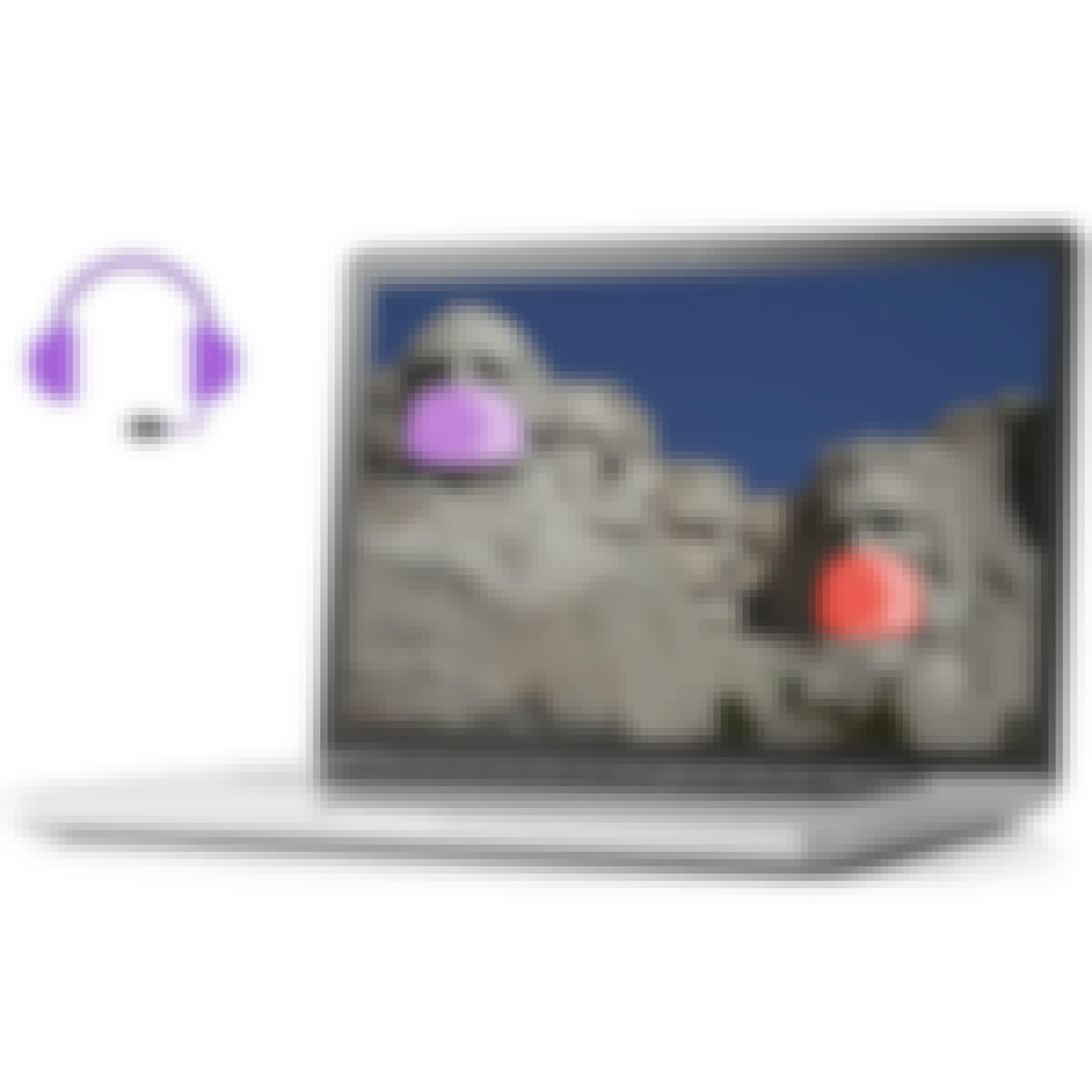Filter by
SubjectRequired
LanguageRequired
The language used throughout the course, in both instruction and assessments.
Learning ProductRequired
LevelRequired
DurationRequired
SkillsRequired
SubtitlesRequired
EducatorRequired
Explore the Internet Course Catalog


Skills you'll gain: Python Programming, Distributed Computing, OS Process Management, Performance Tuning, Scalability, Web Scraping, Database Management


Board Infinity
Skills you'll gain: Manufacturing and Production, Automation, Industrial Engineering, Internet Of Things, Emerging Technologies, Workforce Development, Corporate Sustainability, Digital Transformation, Market Analysis, Operational Efficiency, Cybersecurity, Artificial Intelligence, Cloud Computing
 Status: Free
Status: Free
DeepLearning.AI
Skills you'll gain: Large Language Modeling, Anomaly Detection, Google Cloud Platform, Text Mining, Applied Machine Learning, Natural Language Processing, Semantic Web, Unsupervised Learning, Unstructured Data

Skills you'll gain: Cloud Infrastructure, Cloud Computing Architecture, Cloud Security, Google Cloud Platform, Microservices, Kubernetes, Cloud Computing, Application Deployment, Cloud Solutions, Site Reliability Engineering, Cloud Storage, Continuous Deployment, DevOps, Network Architecture, System Monitoring, Software Architecture, Load Balancing, Service Level Agreement


University of Colorado System
Skills you'll gain: Network Security, Distributed Denial-Of-Service (DDoS) Attacks, Threat Modeling, Cybersecurity, Intrusion Detection and Prevention, Encryption, Proxy Servers, Information Privacy, Web Servers, System Configuration, Cloud Hosting


Cisco Learning and Certifications
Skills you'll gain: MITRE ATT&CK Framework, Threat Modeling, Cyber Threat Intelligence, Threat Detection, Incident Response, Computer Security Incident Management, Malware Protection, Network Analysis, Cybersecurity, Network Security, Network Monitoring, SQL


University of Maryland, College Park
Skills you'll gain: Emerging Technologies, Technology Strategies, Digital Transformation, Business Transformation, Social Media, Innovation, Organizational Change, Competitive Analysis, E-Commerce, Business Strategy

Skills you'll gain: Google Cloud Platform, Data Pipelines, Dataflow, Data Lakes, Data Warehousing, Data Infrastructure, Real Time Data, Cloud Infrastructure, Unstructured Data, Tensorflow, Data Storage, Data Architecture, Data Processing, MLOps (Machine Learning Operations), Cloud Storage, Applied Machine Learning, Extract, Transform, Load, Big Data, Data Integration, Data Transformation

Skills you'll gain: Incident Response, Computer Security Incident Management, Cyber Threat Hunting, Vulnerability Management, Event Monitoring, Threat Detection, Intrusion Detection and Prevention, Cybersecurity, Cyber Attacks, Security Controls, Security Information and Event Management (SIEM), Vulnerability Assessments, Threat Management, Network Monitoring
 Status: Free
Status: Free
The State University of New York
Skills you'll gain: Professional Development, Intercultural Competence, Telecommuting, Personal Development, Cultural Diversity, Overcoming Obstacles, Learning Management Systems, Education Software and Technology, Collaboration, Goal Setting, Teamwork, Problem Solving, Blended Learning, Adaptability, Higher Education, Technology Solutions, Communication, Time Management, Research, Writing


Dartmouth College
Skills you'll gain: C (Programming Language), Linux, Embedded Systems, System Programming, Build Tools, Command-Line Interface, Operating Systems, Program Development, Software Installation, Development Environment, Application Development, File Systems


Coursera Project Network
Skills you'll gain: Canva (Software), Infographics, Graphic and Visual Design Software, Design, Design Software, Timelines, Graphic Design, Graphical Tools, Graphic and Visual Design
In summary, here are 10 of our most popular internet courses
- Concurrent and Parallel Programming in Python: Packt
- Industry 4.0 and its impact on Manufacturing Sector: Board Infinity
- Understanding and Applying Text Embeddings: DeepLearning.AI
- Reliable Cloud Infrastructure: Design and Process em Português Brasileiro: Google Cloud
- Security and Privacy in TOR Network: University of Colorado System
- Threat Analysis: Cisco Learning and Certifications
- Surviving Disruptive Technologies (On Demand): University of Maryland, College Park
- Data Engineer, Big Data and ML on Google Cloud en Français: Google Cloud
- In the Trenches: Security Operations Center : EC-Council
- Mastering Remote Work and Online Study in U.S. in the post-COVID Era: The State University of New York













